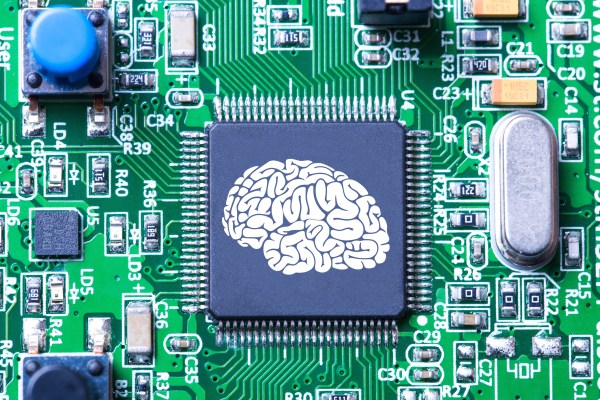
Researchers at MIT have published a new paper that describes a new type of artificial brain synapse that offers performance improvements versus other existing versions, and which can be combined in volumes of tens of thousands on a chip that’s smaller physically than a single piece of confetti. The results could help create devices that can handle complex AI computing locally, while remaining small and power-efficient, and without having to connect to a data center.
The research team created what are known as “memristors” — essentially simulated brain synapses created using silicon, but also using alloys of silver and copper in their construction. The result was a chip that could effectively “remember” and recall images in very high detail, repeatedly, with much crisper and more detailed “remembered” images than in other types of simulated brain circuits that have come before.
What the team wants to ultimately do is recreate large, complex artificial neural networks that are currently based in software that require significant GPU computing power to run — but as dedicated hardware, so that it can be localized in small devices, including potentially your phone, or a camera.
Unlike traditional transistors, which can switch between only two states (0 or 1) and which form the basis of modern computers, memsistors offer a gradient of values, much more like your brain, the original analog computer. They also can “remember” these states so they can easily recreate the same signal for the same received current multiple times over.
What the researchers did here was borrow a concept from metallurgy: When metallurgists want to change the properties of a metal, they combine it with another that has that desired property, to create an alloy. Similarly, the researchers here found an element they could combine with the silver they use as the memristor’s positive electrode, in order to make it better able to consistently and reliably transfer ions along even a very thin conduction channel.
That’s what enabled the team to create super small chips that contain tens of thousands of memristors that can nonetheless not only reliably recreate images from “memory,” but also perform inference tasks like improving the detail of, or blurring the original image on command, better than other, previous memristors created by other scientists.
It’s still a long way off, but the team behind this project suggests that eventually, this could lead to portable, artificial brain computers that can perform very complex tasks on the scale of today’s supercomputers — with minimal power requirements and without any network connection required.
"chips" - Google News
June 09, 2020 at 01:31AM
https://ift.tt/2XJ1hR5
MIT’s tiny artificial brain chip could bring supercomputer smarts to mobile devices - TechCrunch
"chips" - Google News
https://ift.tt/2RGyUAH
https://ift.tt/3feFffJ
Bagikan Berita Ini














0 Response to "MIT’s tiny artificial brain chip could bring supercomputer smarts to mobile devices - TechCrunch"
Post a Comment